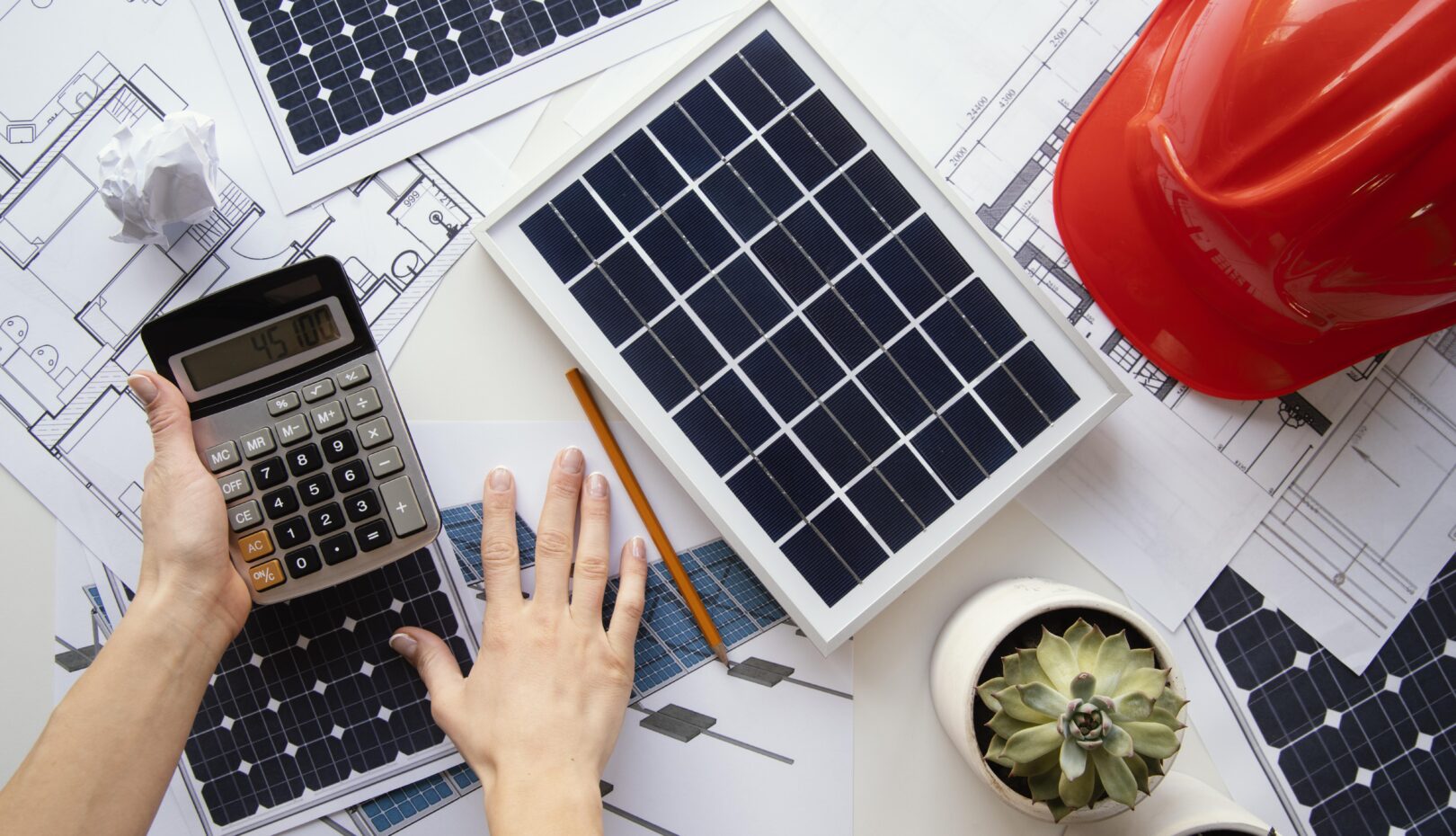The Hidden Costs of Not Switching to Solar energy
Table of Contents
- Introduction
- The Rising Cost of Electricity
- Environmental Damage from Conventional Power
- Missed Financial Savings
- Energy Insecurity and Grid Dependence
- Declining Property Value Without Solar
- Social and Community Impacts
- Why Acting Now Matters
- How to Transition Smoothly to Solar
- Conclusion
- FAQs
1. Introduction
While many households and businesses are turning toward solar energy, there are still some who delay making the switch. At first glance, staying connected to the traditional power grid may seem easier and cheaper. However, the hidden costs of not going solar—financial, environmental, and social—can add up significantly over time. This blog explores these long-term drawbacks and why adopting solar sooner rather than later is a wise decision.
2. The Rising Cost of Electricity
Electricity prices have been on a steady upward trend. Relying solely on grid power exposes families and businesses to fluctuating tariffs and increasing monthly bills. Unlike fixed investments such as a solar panel, grid electricity costs never end. Over a decade, you could spend lakhs of rupees on power bills without building any asset.
3. Environmental Damage from Conventional Power
Conventional electricity in India is largely generated from coal and fossil fuels. This has two major hidden costs:
- Air pollution, which contributes to respiratory illnesses and environmental degradation.
- Carbon emissions, which accelerate climate change.
By delaying the adoption of solar, individuals indirectly contribute to environmental damage that has long-term costs for society.
4. Missed Financial Savings
Switching to solar drastically reduces electricity expenses. A household can save up to 70% on energy bills annually. By not adopting solar, you are missing out on these savings every month. Over 20–25 years (the lifespan of a solar system), the total missed savings could amount to several lakhs—far exceeding the upfront cost of installation.
5. Energy Insecurity and Grid Dependence
Traditional electricity supply in many parts of India is still unreliable, with frequent power cuts. Dependence on the grid means households and businesses are vulnerable to blackouts, especially during peak demand seasons. Solar systems with battery storage can provide continuous power, but those who delay solar adoption will continue facing disruptions.
6. Declining Property Value Without Solar
As awareness grows, properties with solar installations are gaining higher market value. Homes and businesses equipped with solar not only sell faster but also attract environmentally conscious buyers. By avoiding solar, you risk your property being less attractive compared to others with modern energy solutions.
7. Social and Community Impacts
Adopting solar is not just about personal gain. It also benefits the community by reducing overall demand on the grid, lowering pollution levels, and creating local jobs in installation and maintenance. Communities that delay solar adoption miss out on these social benefits.
8. Why Acting Now Matters
Waiting longer to switch to solar often means:
- Paying more in cumulative electricity bills.
- Missing current government subsidies and incentives.
- Facing higher installation costs in the future due to rising demand.
Whether you’re considering solar panel installation in Jaipur or smaller towns such as solar panel installation kishangarh, acting now ensures you lock in savings and long-term stability.
9. How to Transition Smoothly to Solar
The transition begins with choosing the right installer. Working with the Best solar company in Jaipur or the Best solar company kishangarh ensures that you receive reliable products, expert installation, and ongoing maintenance. A professional company will also help you access subsidies, financing options, and custom system designs.
10. Conclusion
Not switching to solar may seem harmless in the short term, but the hidden costs are enormous. From rising electricity bills and environmental degradation to missed savings and reduced property value, the drawbacks accumulate over time. Solar adoption is not just a cost-saving decision—it’s a long-term investment in financial security, energy independence, and environmental responsibility.
11. FAQs
Q1. Why is delaying solar adoption costly?
Because electricity bills add up every month, and subsidies may decrease over time. The longer you wait, the more savings you lose.
Q2. Is solar really cheaper than traditional electricity?
Yes. Though the upfront cost is higher, solar pays for itself in 5–8 years and provides free power for decades.
Q3. Can solar panels work during power cuts?
Yes, if combined with battery storage, solar panels can provide electricity even during outages.
Q4. Does installing solar increase property value?
Yes. Properties with solar are more attractive to buyers and often fetch higher resale values.
Q5. How do I choose the right solar provider?
Look for certified companies with proven experience and positive customer reviews. The best installers also assist with financing and maintenance.


